How will Nvidia’s acquisition of Arm affect Apple, AMD, Intel and PlayStation?
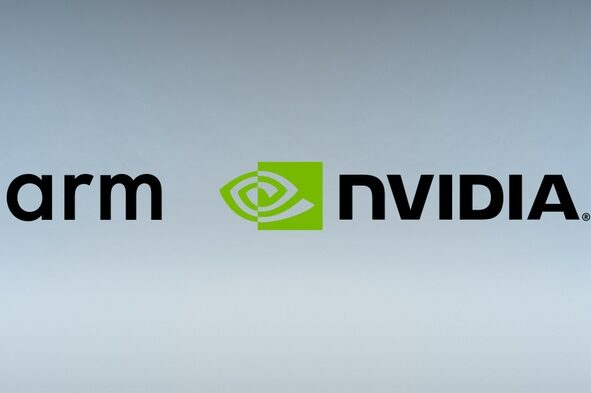
Nvidia today announced reaching an agreement with SoftBank Group Corp to acquire semiconductor designer Arm Limited in a deal worth $40 billion.
Such a move is guaranteed to send shockwaves through the industry, with major companies such as Apple and Qualcomm currently using Arm-based processors. But how will it affect future devices?
We reached out to a number of industry experts to get their view on the Nvidia’s Arm acquisition and how they believe it could affect the wider industry and consumer products in the immediate future.
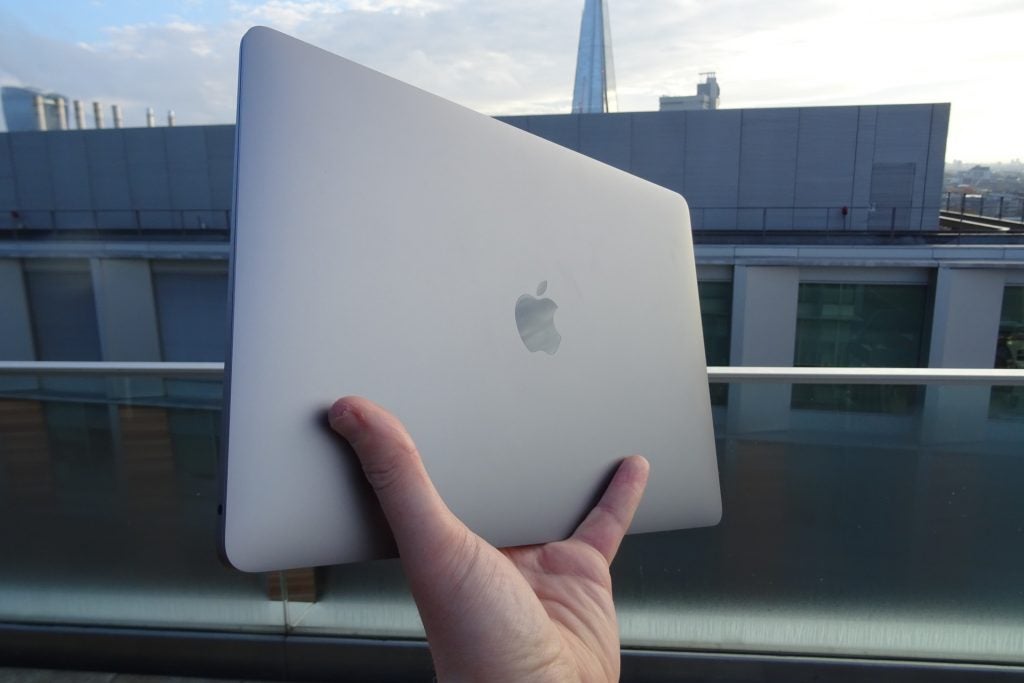
Will tech companies stop using Arm?
Geoff Blaber (Vice President Research, Americas, CCS Insight) warns that the Nvidia acquisition could see other companies turn away from Arm Limited due to concerns about its independence.
“Arm is facing growing competition from RISC-V, an open-source architecture,” Blaber said. “If its partners believed that Arm’s integrity and independence was compromised, it would accelerate the growth of RISC-V and in the process devalue Arm.”
Nvidia has clarified that it will continue to “operate its open-licensing model while maintaining global customer neutrality” but the company’s rivalry with the likes of AMD makes neutrality easier said than done.
It’s also unlikely – at least according to Alan Priestley, VP Analyst at Gartner – that Apple will make a U-turn on its decision to switch its Mac over to Arm-based processors. Priestley claims Apple already “holds an architectural license for the ARM ISA” which means the Nvidia acquisition should have little influence. Plus, it’s in both Apple’s and Nvidia’s financial interest to continue the partnership.
Related: What is an Arm processor?
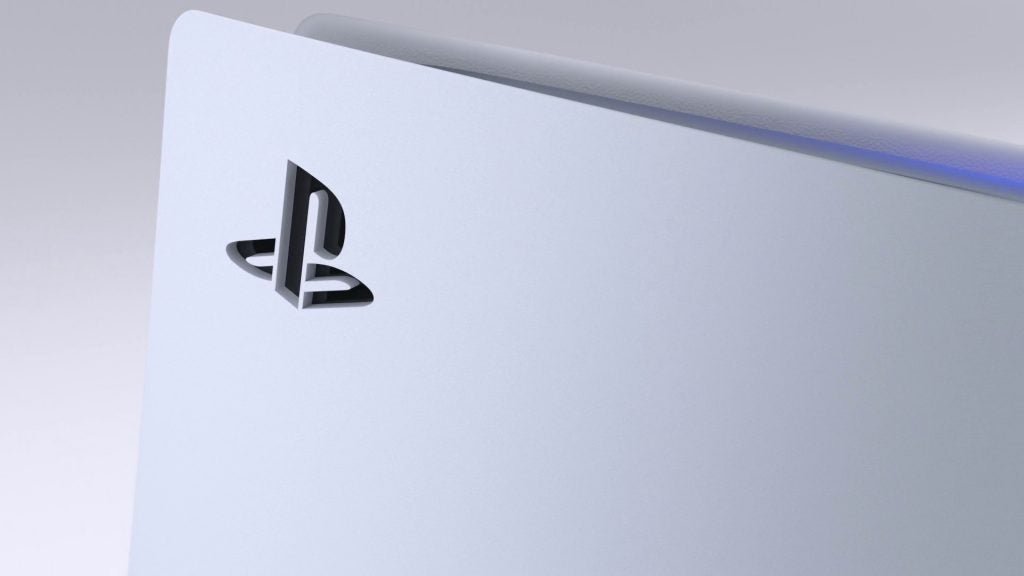
Will it affect gaming PCs and consoles?
Nvidia’s pedigree in the gaming industry has led to questions whether the Arm acquisition could affect gaming PCs and consoles in the future. Analyst Alan Priestly believes this is unlikely with next-gen consoles, such as the PS5 and Xbox Series X, already having their specs set in stone.
“Most consoles utilize custom AMD x86 processors and next generation consoles are already committed to x86,” Priestly said. “Games developers may create versions for ARM based PCs, but x86 will most likely remain the predominant high performance PC architecture for immediate future and the acquisition of ARM Holdings is unlikely to change this.”
This makes a lot of sense since Arm-based processors aren’t currently known for offering high-end performance gaming beyond portable systems such as the Nintendo Switch and smartphones. And even then, Nvidia already sells Arm-based processors to Nintendo, so there shouldn’t be major changes there.
As for smartphones and other mobile platforms, Morris Garrard (Research Analyst) and James Manning Smith (Market Analyst) of Futuresource Consulting claim it’s still unlikely that mainstream publishers will switch focus from the console and PC markets as “spend per user is significantly higher than for mobile gaming.”
It’s far more likely that mobile platforms will instead focus on cloud-based services such as Google Stadia, Xbox xCloud and Nvidia’s own GeForce Now platform. These services make the mobile hardware irrelevant the most part, if you have a reliable and speedy internet connection.
Related: PS5
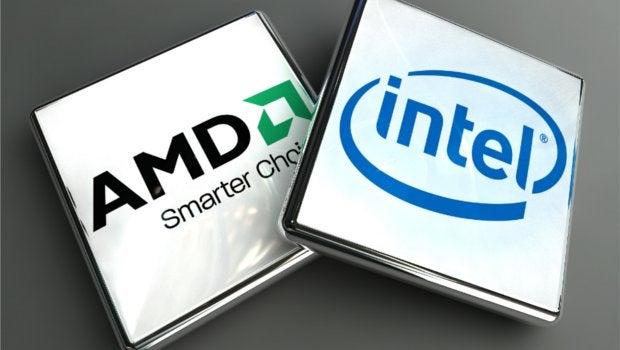
Will it affect AMD and Intel?
Arm processors have recently started to invade the entry to mid-range laptop market, with the likes of the Galaxy Book S and Lenovo Yoga C630 13 (4G) launching this year.
The Arm-based processors allowed both devices to feature incredibly light and thin form factors, while also seeing tremendous battery life gains. Compatibility issues with Windows 10 have held back these devices, but Microsoft is working with Arm to solve these issues.
Once these kinks are ironed out, it’s clear that Arm processors show great promise in the laptop market. But could Nvidia use Arm’s growth in this sector to build its own ultra-competitive processors?
Researchers Morris Garrard and James Manning Smith from Futuresource Consulting claim that developing a “PC processing offering” is not considered to be a core short-term plan for Nvidia. However, they suggest Nvidia may well look to unify its GPU technology with Arm’s processor expertise.
Nvidia itself has also emphasised that Arm processors could benefit from the company’s leading AI computing platform.
Jensen Huang, founder and CEO of Nvidia, said, “Uniting Nvidia’s AI computing capabilities with the vast ecosystem of Arm’s CPU, we can advance computing from the cloud, smartphones, PCs, self-driving cars and robotics, to edge IoT, and expand AI computing to every corner of the globe.”
How these ‘AI computing capabilities’ will actually improve future devices remains to be seen, but we’ve previously seen the likes of Nvidia’s DLSS use machine learning to improve the performance of video games via clever upscaling methods.
So to sum up, it is AMD and Intel will unlikely have major cause for concern in the immediate future, especially in the high-end processor market where both companies excel at performances for content creation and gaming.
However, Arm-based laptops are gradually improving, and manufacturers are slowly moving over to the alternative architecture, as seen with Apple. Nvidia’s acquisition could well speed up this process with major investments, but a lot still relies on external factors such as compatibility with Microsoft’s operating system.
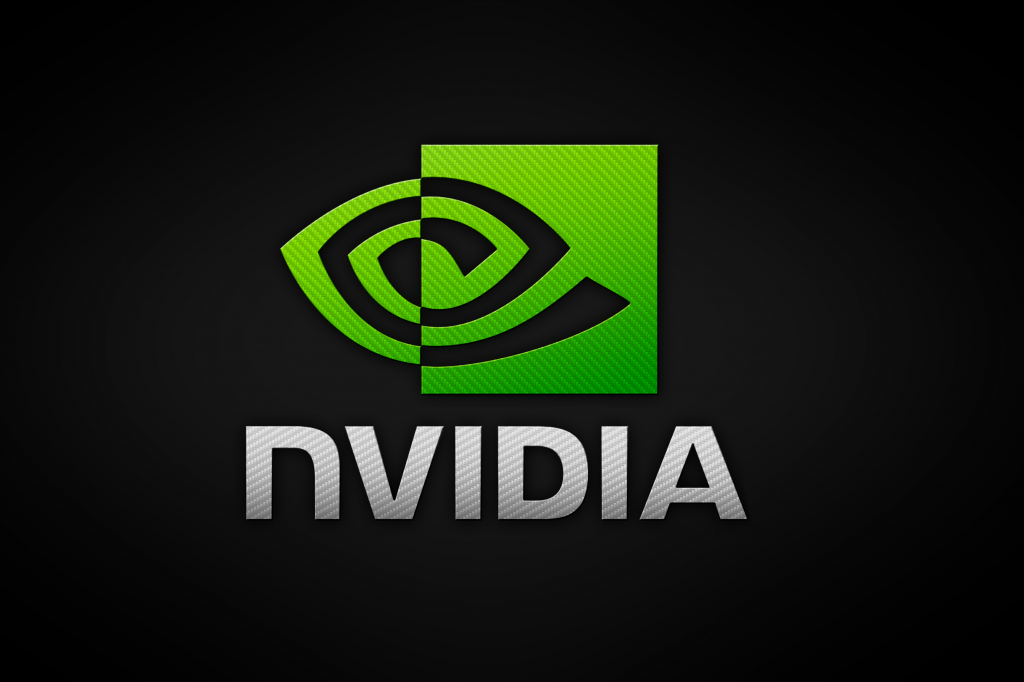
Summary
Nvidia’s acquisition of Arm will undoubtedly have huge ramifications in the technology space in the long-term future, but it’s hard to see how things will play out at this early stage.
Plus, while Nvidia has an official agreement with SoftBank Group Corp for the sale, the transaction isn’t expected to be completed for another 18 months since it’s subject to customary closing conditions.
That means you shouldn’t expect any immediate changes as far as Arm is concerned. AMD and Intel will unlikely make grand changes to its road map, while Apple’s switch over to Arm-based Macs should go ahead as planned. But who knows what smartphones and laptops, or even the PlayStation 6 could look like in a decade’s time once Nvidia has had time to fulfil the staggering potential of the Arm processor architecture.


